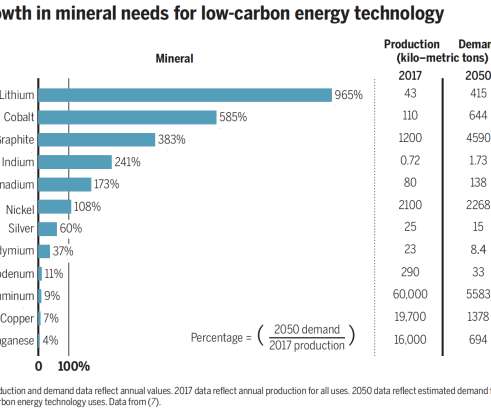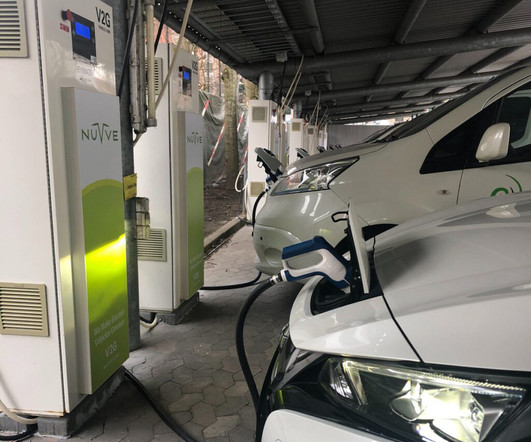U Delaware team demonstrates efficient direct ammonia fuel cell for vehicles
Green Car Congress
AUGUST 25, 2019
Researchers at the University of Delaware have demonstrated a direct ammonia fuel cell (DAFC) prototype with a peak power density of 135 mW cm ?2. Source-to-tank cost comparison of carbon-neutral transportation fuels. Source-to-tank cost comparison of carbon-neutral transportation fuels. Zhao et al. Zhao et al. Zhao, Yun et al.






































Let's personalize your content